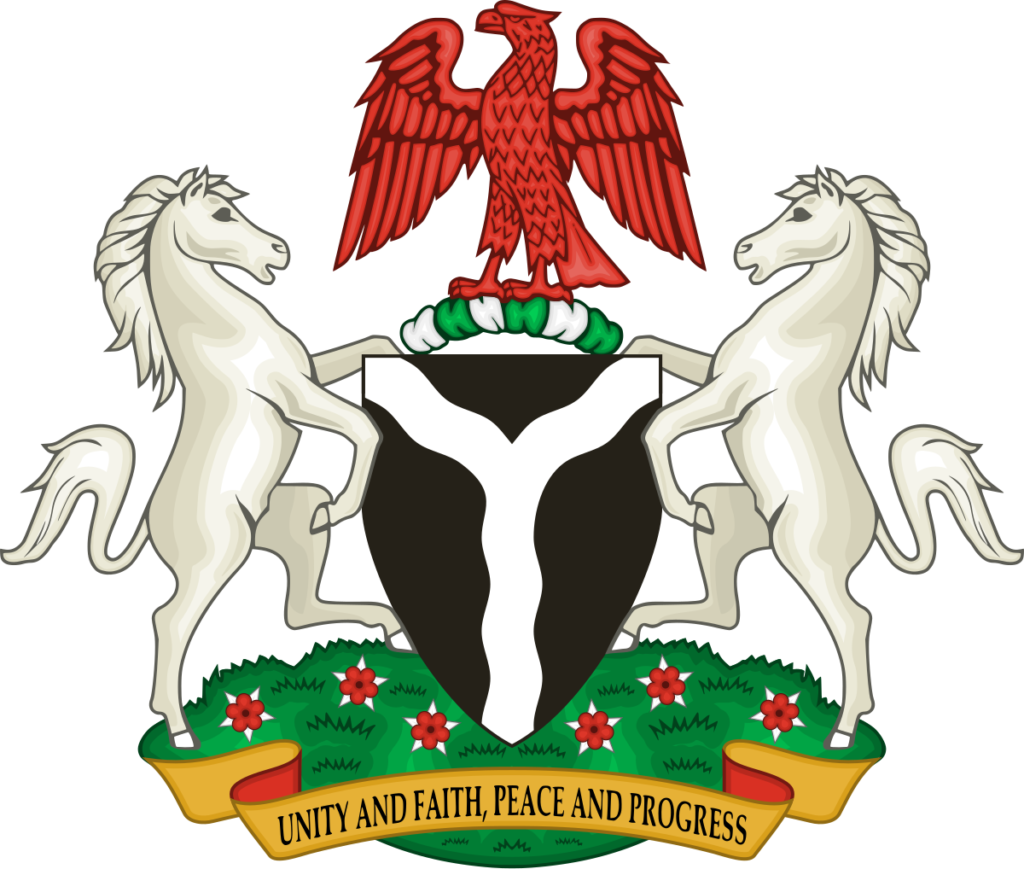The Federal Government has announced sweeping reforms to address declining teaching standards nationwide, with the revitalisation of the Teachers Registration Council of Nigeria (TRCN) at the heart of its plans.
Speaking at the KADA EduPACT International Summit 2025 in Kaduna on Wednesday, the Minister of Education, Dr. Maruf Olatunji Alausa, reaffirmed the government’s resolve to enhance teacher recruitment, training, and welfare as a critical step toward raising educational standards.
Delivering the keynote address at the event themed “Strategic Visioning for Educational Transformation: Developing the Kaduna State Education Model,” Dr. Alausa highlighted initiatives such as the Teacher Internship and Quality Assurance Framework and ongoing reforms within the TRCN. He emphasised that no meaningful education reform could succeed without prioritising teachers’ development and well-being.
“No education reform will succeed without teachers. We must prioritise teacher recruitment, training, motivation and continuous professional development,” Alausa stressed.
The minister lauded Kaduna State for pioneering impactful education reforms, describing its efforts as a potential model for other states to emulate.
“Kaduna’s education reforms show that transformation is possible when there is strong political will and data-driven leadership,” he said.
Dr. Alausa commended Governor Uba Sani’s administration for decisive measures, including a 40 per cent cut in tuition fees at state-owned tertiary institutions, increased funding for Kaduna State University, and the launch of a $62 million basic education programme.
“What we are witnessing here is not just progress, but proof that deliberate and inclusive reforms can deliver results,” he said.
Calling for similar collaborative efforts across the country, Alausa underscored that education is a shared responsibility involving governments, communities, and development partners.
“Education is a shared responsibility. No government can do it alone,” he noted.
Outlining the Federal Government’s broader vision, Dr. Alausa detailed a reform agenda anchored on five pillars: learner-centred education, equity and inclusion, digital literacy, resilience, and sustainability. He stressed the need to move beyond physical infrastructure to focus on teacher quality, modern curricula, gender inclusion, and sustainable financing.
“Our education vision must equip students with critical thinking, problem-solving, and digital skills, while leaving no child behind,” Alausa said, advocating for integrating artificial intelligence, data-driven school management systems, and remote learning tools to maintain learning continuity in crises.
The three-day summit, which gathered local and international stakeholders, aims to produce a Kaduna State Education Transformation Blueprint aligned with both national goals and global educational standards.
Meanwhile, Governor Uba Sani reiterated his administration’s commitment to developing an inclusive and technology-driven education system designed to close long-standing gaps in access and quality.
Sani highlighted numerous projects under his leadership, including the construction or renovation of over 1,000 classrooms, commissioning of 62 new secondary schools, distribution of 1.48 million learning materials, and the use of digital tools to monitor enrolment and student performance.
“We are making sure no child in Kaduna is denied education because of financial barriers,” the governor affirmed.
He also unveiled the Reaching Out-of-School Children Project, which aims to reintegrate 300,000 children into the school system, describing the out-of-school challenge as “a stain on our collective conscience.”
Governor Sani revealed that ₦500 million had been invested in Kaduna State University, leading to the approval of 40 new academic programmes for the 2024/2025 academic session by the National Universities Commission. He emphasised that education remains central to Kaduna State’s development blueprint.
“We are moving from fragmented interventions to a unified, future-ready, and data-driven education system,” he said.
The summit continues as stakeholders deliberate on strategies to transform education in Kaduna and across Nigeria.





